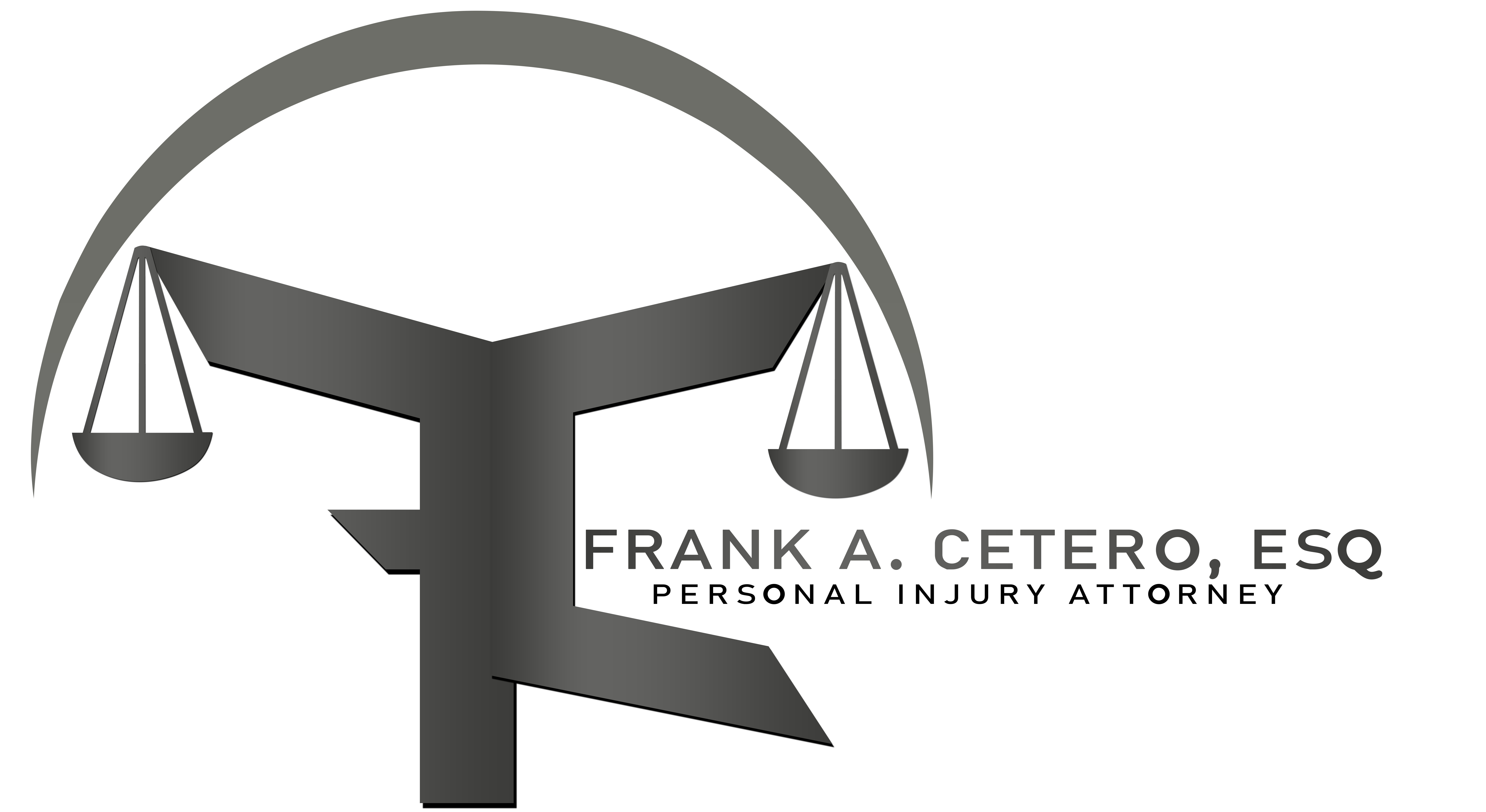Residential Real Estate Closing
A residential real estate closing refers to the final step in the process of buying or selling a residential property. During the closing, all necessary legal documents are signed, funds are transferred, and ownership of the property is officially transferred from the seller to the buyer. It typically involves various parties, including the buyer, seller, real estate agents, attorneys, lenders, and sometimes a title company or escrow agent. The closing ensures that all terms of the purchase agreement have been met and that the transaction is completed according to the law.
These services are crucial for individuals and families in Long Island embarking on the journey of buying or selling a home. With the intricate legal documents and regulations involved, having an experienced attorney oversee the closing ensures compliance with local laws and minimizes the risk of legal issues. From protecting the interests of buyers and sellers to ensuring a smooth transaction by coordinating multiple parties, these services provide peace of mind and streamline the process, making the entire experience more efficient and secure for everyone involved.
What Can A Residential Real Estate Closing Lawyer In Long Island Do For Me?
A residential real estate closing lawyer in Long Island can provide invaluable assistance throughout the process of buying or selling a home. Here’s how they can help:
- Legal Guidance
An attorney can offer expert advice on the legal aspects of the transaction, including reviewing contracts, explaining terms and conditions, and ensuring compliance with local laws and regulations.
- Contract Review
Your lawyer will carefully review all contracts and documents related to the closing, including purchase agreements, title documents, and loan agreements, to identify any potential issues or discrepancies.
- Negotiation
If there are any disputes or concerns during the closing process, your lawyer can negotiate on your behalf to resolve them effectively and protect your interests.
- Title Examination
Your attorney will conduct a thorough examination of the property’s title to ensure that there are no liens, encumbrances, or other issues that could affect your ownership rights.
- Closing Preparation
Your lawyer will prepare all necessary legal documents for the closing, ensuring that they are accurate, complete, and in compliance with all legal requirements.
- Representation
On the day of the closing, your attorney will represent you and advocate for your interests throughout the process, ensuring that everything proceeds smoothly and according to plan.
Our Process
We meticulously strategize every detail to ensure effective advocacy and solutions.
We seamlessly move into proactive execution, leveraging our strategy to advocate fiercely for your rights and interests.
We proceed with filing your case in court, where we advocate vigorously for your rights and pursue justice on your behalf.
Other Practice Area
- All Insurance Law
- Real Estate Law
- Business Law
- Financial Law
- Human Rights Law

Common Residential Real Estate Closing In Long Island
During home closings, issues can come up, making things tricky for both buyers and sellers. One big worry is finding problems with the property’s title, like liens or legal issues, which could mess up the sale. It’s important to fix these issues fast to avoid delays or canceling the sale. Another challenge is getting financing and mortgage approval. Buyers have to meet strict rules from lenders and give lots of paperwork, and any mistakes could cause problems and make everyone frustrated.
Also, coordinating the schedules and preferences of everyone involved, like buyers, sellers, real estate agents, lawyers, and lenders, can be tough. Problems or delays between them can mess up the schedule and make everyone unsure about how things are going. By dealing with these challenges and getting help from experienced pros, buyers and sellers can manage the home closing process confidently, making sure everything goes smoothly. Good communication, careful planning, and smart problem-solving are key to making the closing go well.
Who Might Be Responsible For Residential Real Estate Closings In Long Island?
In Long Island, several professionals play key roles in residential real estate closings. Real estate attorneys oversee the legal aspects, conducting title searches and resolving any issues. Real estate agents assist in finding properties and negotiating deals. Lenders provide financing options and help secure loans, while title companies ensure the transfer of ownership is legally sound. Home inspectors and appraisers may also be involved in assessing property conditions and values. Together, these professionals ensure a smooth and successful closing process for buyers and sellers in Long Island.


Contact Our Long Island Residential Real Estate Closings Attorneys Today
If you’re in need of assistance from a Long Island residential real estate closings attorney, look no further than the Law Office of Frank A. Cetero. With years of experience helping clients across Long Island, we specialize in guiding individuals through the complexities of real estate transactions.
We understand the importance of these transactions and the impact they can have on your life. Whether you’re buying your dream home or selling a property, our team is dedicated to providing you with the support and legal expertise you need. Don’t rely solely on internet research – schedule a consultation today to discuss your specific needs and receive personalized advice. Reach out now to take the first step towards a successful real estate closing.
Frequently Asked Questions !!
What documents are involved in a residential real estate closing?
Common documents involved in a residential real estate closing include the purchase agreement, loan documents, title insurance policy, deed, closing statement, and various disclosures.
How long does a residential real estate closing take?
The duration of a residential real estate closing can vary depending on various factors such as the complexity of the transaction, the efficiency of the parties involved, and any unforeseen issues that may arise. On average, closings typically take between 30 to 60 days from the time the purchase agreement is signed.
What are closing costs?
Closing costs refer to the fees and expenses associated with finalizing a real estate transaction. These costs can include attorney fees, title insurance premiums, appraisal fees, inspection fees, loan origination fees, and taxes.
Do I need a real estate attorney for a residential real estate closing?
While it’s not legally required to have a real estate attorney present at a residential real estate closing, having legal representation can provide valuable guidance and ensure that your interests are protected throughout the process. A real estate attorney can review documents, negotiate terms, and address any legal issues that may arise.
Still Have Questions ?
Don’t hesitate to reach out – we’re here to provide clarity and guidance every step of the way.

